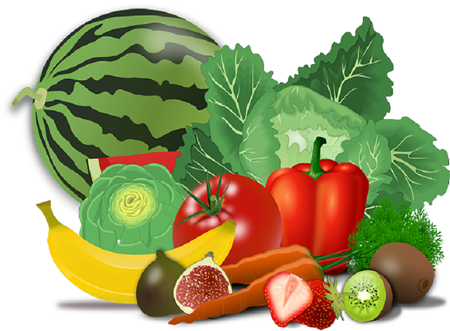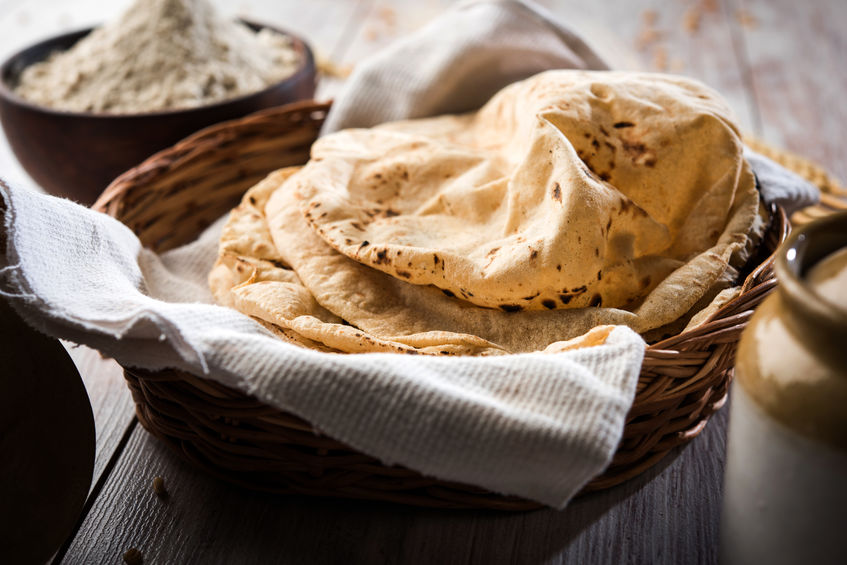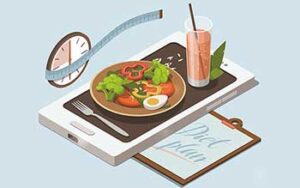The idea that beetroot can be used to lower blood pressure is not a new one. Is there any truth to this and how often would you need to consume beetroot in order to see an effect?
It has been proven that the foods you eat are directly linked to your blood pressure. For example, cutting down on high salt foods will lead to lower blood pressure. However, as always, a link between a certain food and a health benefit is challenging to prove.
To find out more about blood pressure and how to lower it you can read our article here.
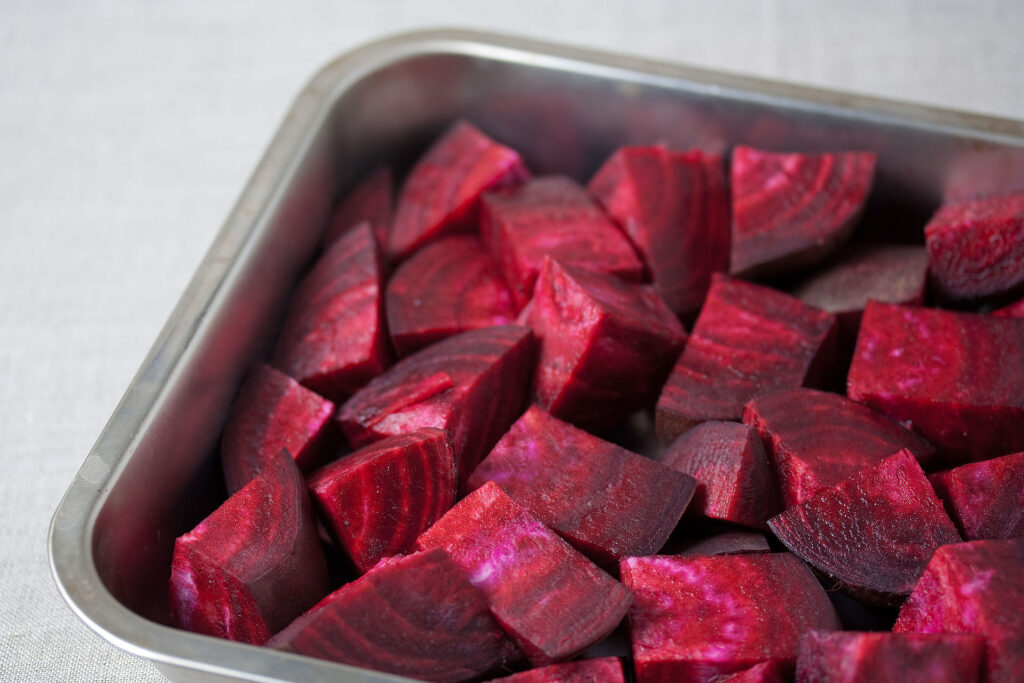
Beetroot facts
Beetroot is a root vegetable, known for its deep purple colour (and staining ability). It is also packed full of nutrients.
Beetroots are a good source of folate, potassium, iron, vitamin C and manganese. Of course, these vitamins have many great health benefits, and you can read about those here. Some of the highlights are their role as antioxidants, normal cell and tissue function, improved hearth health and the transportation of oxygen.
It is believed that the main reason for beetroot’s positive effect on blood pressure is its high nitrate content. Although its potassium levels may also contribute.
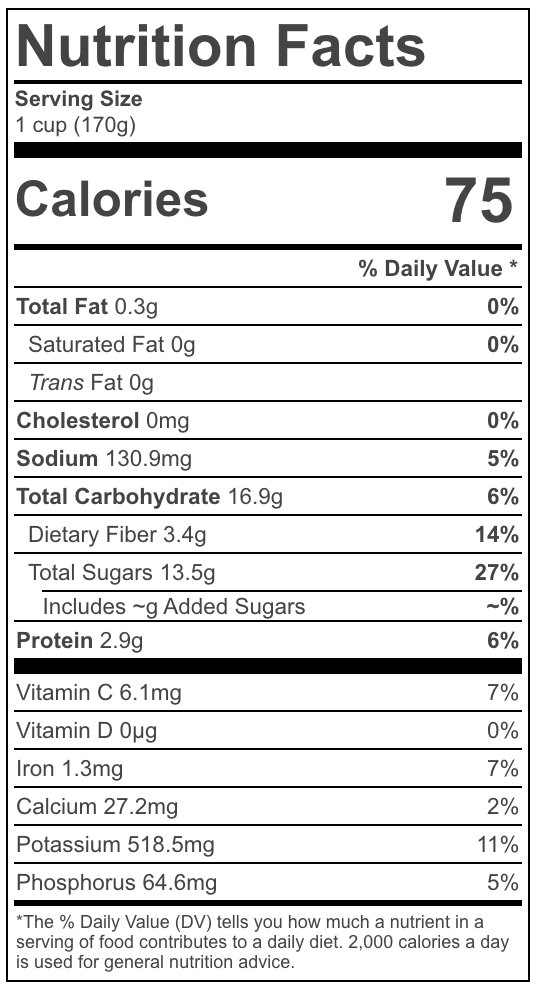
What are nitrates?
Nitrates are naturally present in the body, vegetables and water.
In general, they are not harmful, however high levels of nitrates can be harmful to children. For example, if fertilizers increase the nitrate concentration in water, this could lead to a build-up of nitrates, therefore the levels in water are monitored.
Dietary nitrates can turn into nitric oxide within the body. Nitric oxide is a signalling molecule, it signals to the muscles in artery walls to relax. This causes the blood vessels to dilate and in turn causes blood pressure to lower.
In a double-blind, randomized, placebo-controlled trial patients were provided with 250 mL of beetroot juice daily for 4 weeks or a placebo. Those who consumed the beetroot juice experienced a 7.7 mmHg in drop systolic blood pressure and diastolic blood pressure compared with their original blood pressure. This improvement in blood pressure was not seen in the placebo group. This study is referenced below if you would like to read it. There are around 6·4 mmol nitrate in a 250ml dose of beetroot juice.
Potassium
Potassium helps to reduce the blood pressure-raising effects of too much sodium in the diet. Potassium helps to lower blood pressure through relaxing the muscles in the blood vessel walls and encouraging the excretion of sodium in urine.
1 cup of cooked beetroot provides 518.5mg of potassium, more than a banana! Apricots, apricot juice, avocados, cantaloupe and honeydew melon are also good sources of potassium.
It is important to note that too much potassium may be harmful in patients with kidney disease, or those on certain medications or who have any illnesses that effect how potassium is absorbed in the body.
Conclusion
Beetroot is not only a good source of many nutrients but has also been shown in research to reduce blood pressure. There are many different ways to cook beetroot such as pickling or roasting. Why not leave some of your favourite recipes in the comments below.
Study discusses in the article
Dietary Nitrate Provides Sustained Blood Pressure Lowering in Hypertensive Patients
Vikas Kapil, Rayomand S. Khambata, Amy Robertson, Mark J. Caulfield, and Amrita Ahluwalia
Link- https://www.ahajournals.org/doi/10.1161/HYPERTENSIONAHA.114.04675
The Effects of Beetroot Juice on Blood Pressure, Microvascular Function and Large-Vessel Endothelial Function: A Randomized, Double-Blind, Placebo-Controlled Pilot Study in Healthy Older Adults
Jones T, Dunn EL, Macdonald JH, Kubis HP, McMahon N, Sandoo A.
Link- https://www.ncbi.nlm.nih.gov/pmc/articles/PMC6722817/
Beetroot supplementation lowers daily systolic blood pressure in older, overweight subjects
Jajja A, Sutyarjoko A, Lara J, Rennie K, Brandt K, Qadir O, Siervo M.
Link- https://pubmed.ncbi.nlm.nih.gov/25294299/

